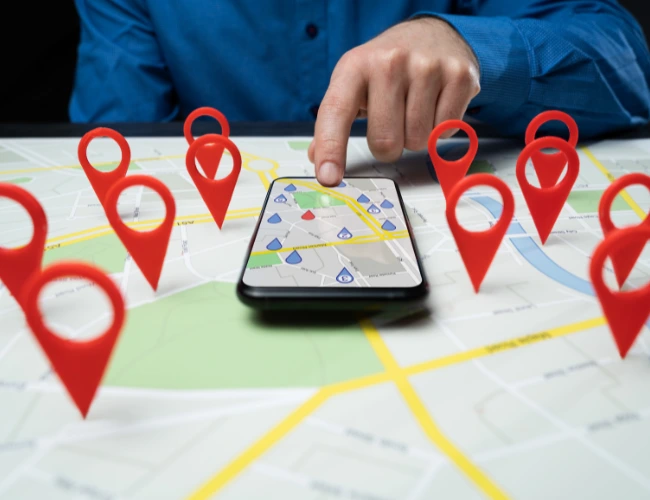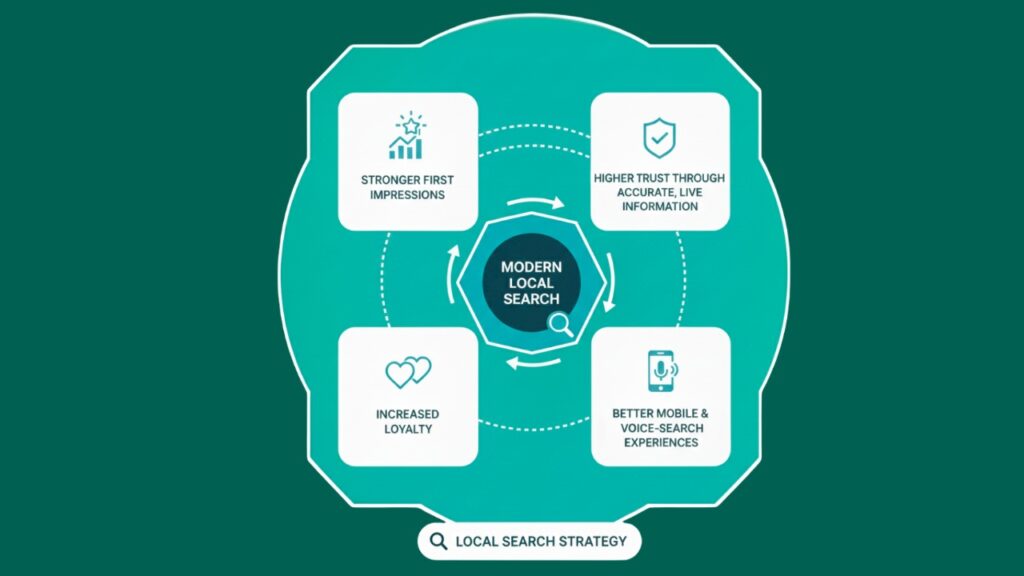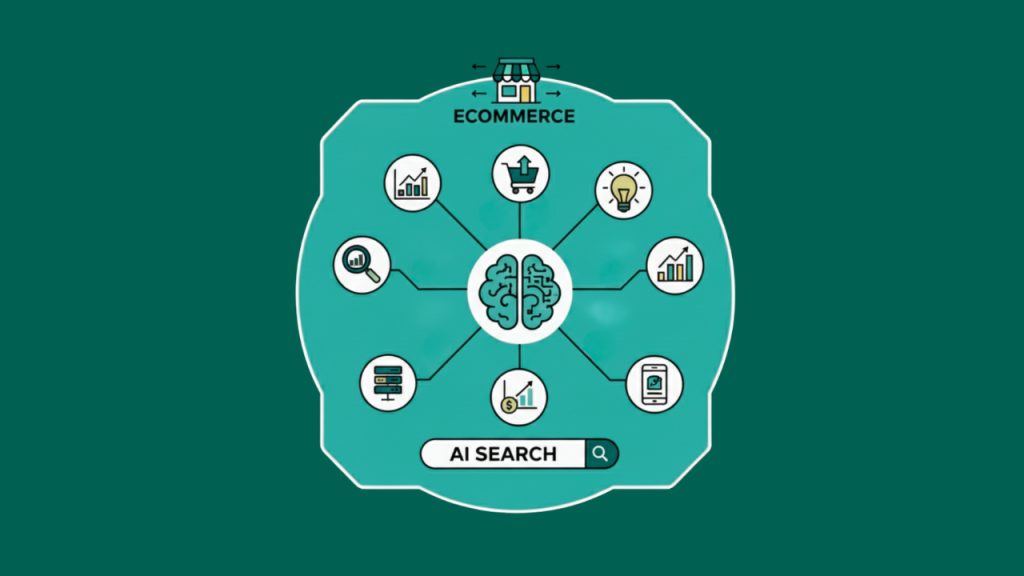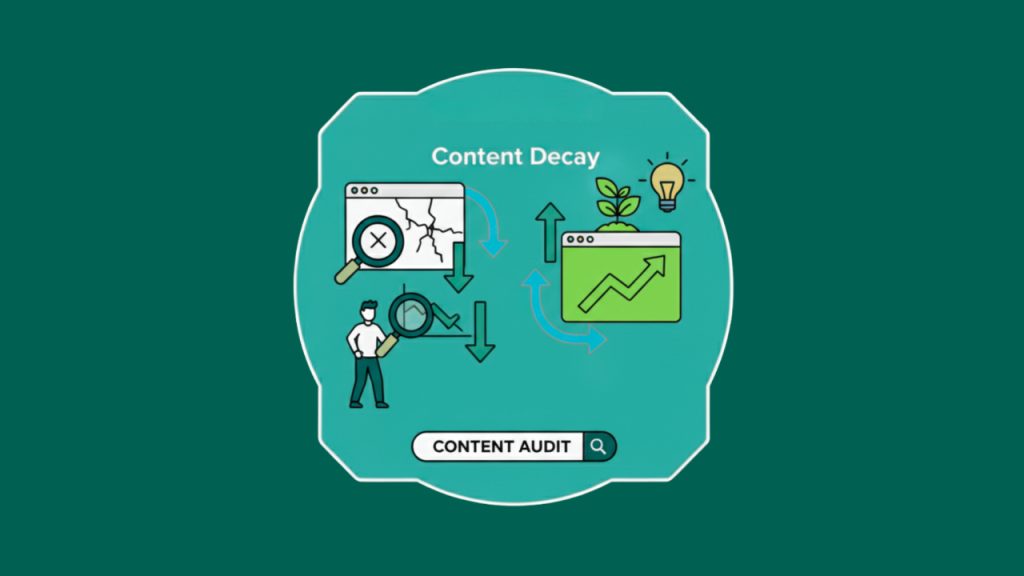Introduction To hospitality SEO
In the fast-paced and competitive world of hospitality, having a strong online presence is more important than ever. With travelers and diners increasingly turning to the internet to book their stays or plan their meals, investing in SEO for hospitality is crucial for standing out.
Whether you manage a hotel, a restaurant, or a resort, understanding the ins and outs of SEO can help you attract more guests and secure your place in the market.
From optimising your website to targeting the right keywords, our SEO services are designed to help businesses like yours improve visibility and drive more bookings.

Why Is SEO Crucial for the Hospitality Industry?
The hospitality industry thrives on visibility and SEO for hospitality is key to achieving that. With more consumers turning to Google and other search engines to find their next vacation destination, hotel, or restaurant, a well-optimised website is essential.
Effective SEO not only boosts your search rankings but also ensures that potential guests find accurate, high-quality information when looking for services like yours. From local SEO tactics to content marketing, each element plays a role in making your business more discoverable online.
In today’s digital-first world, businesses that prioritise SEO are more likely to stand out and capture their target audience’s attention. By focusing on SEO for the hospitality industry, you can increase your online presence, attract more guests, and stay ahead of competitors in an increasingly competitive market.
1. Focus on Local SEO
Local SEO is arguably the most important factor for hospitality businesses. Travelers are often searching for places to stay, eat, or visit that are nearby. That’s why optimising for local search results will help you attract guests in your area.
What to Do:
Ensure your business is listed on Google My Business, keep your information up-to-date, and actively encourage customer reviews.
Positive reviews don’t just build your online reputation. They also give your SEO for hospitality a major boost. They can elevate your local search rankings and make your business more visible to potential guests.

2. Target the Right Keywords for Your Audience
Keyword research is the foundation of any impactful SEO strategy. By targeting the right keywords, you can ensure your website ranks for the terms potential guests are searching for. This can help increase relevant traffic to your site and boost bookings.
What to Do:
Think about the terms your target audience is searching for. This could be anything from ‘luxury hotel near [city]’ to ‘family-friendly restaurant with outdoor seating.’
Use tools like Semrush’s keyword magic tool to discover high-volume keywords that match your target audience’s search intent and incorporate them naturally throughout your website.
It’s also important to strike the right balance between different types of keywords. Short-tail keywords can help you reach a wider audience, while long-tail keywords attract highly targeted guests who are more likely to convert. We break down the differences and how to use them effectively in our blog on long-tail vs. short-tail keywords.
3. Optimise Your Website for Mobile Users
Why It’s Important:
With an increasing number of people booking accommodations and making reservations on mobile devices, an optimised website is crucial. Google prioritises mobile-friendly websites in its rankings, and poor mobile performance can lead to high bounce rates and lost bookings.
What to Do:
Ensure your website is responsive and easy to navigate on all devices. A fast and uninterrupted booking process is key to a great user experience.
Mobile-friendly content also plays a crucial role. Together, they improve your user experience and strengthen your SEO for hospitality performance.

4. Improve Your On-Page SEO
Why It’s Important:
On-page SEO ensures that search engines can easily understand and index your website’s content. Adjusting these elements is essential for improving rankings and making your site more user-friendly.
What to Do:
Focus on improving elements like meta descriptions, headings, image alt text, and overall page structure. Each page of your site should be designed for both users and search engines. A detailed SEO site audit can help pinpoint areas of your on-page SEO that need attention, ensuring you’re fully optimised for better search rankings.
For example, use relevant keywords in your meta descriptions and optimise your images to improve loading speeds.
5. Create High-Quality, Relevant Content
Why It’s Important:
Content marketing is an excellent way to drive traffic to your site while offering value to your audience. High-quality, engaging content also helps improve your SEO for the hospitality industry by allowing you to target long-tail keywords.
What to Do:
Start a blog that provides useful travel tips, showcases local attractions, or shares guest experiences. This kind of content can attract potential guests, engage them, and help you rank for a broader range of search queries.
Focus on creating content that answers common questions or provides solutions your audience is searching for.

6. Build Quality Backlinks
Why It’s Important:
Backlinks from reputable sources are a strong signal to search engines that your website is authoritative and trustworthy. This can considerably improve your domain authority and search rankings.
What to Do:
To build backlinks, focus on getting listed in local directories, collaborating with travel bloggers, partnering with industry-related websites, and reaching out to local tourism boards. Guest blogging and partnerships can also provide valuable backlink opportunities.
A strong backlink-building strategy ensures you gain high-quality links that strengthen your site’s credibility and search performance.
7. Prioritise Fast Page Load Speeds
Why It’s Important:
Page speed is a crucial ranking factor for SEO and user experience. A slow website can lead to high bounce rates. This can negatively affects your rankings and makes potential guests less likely to complete their booking.
What to Do:
Use tools like Google PageSpeed Insights to check your site’s load time and identify areas for improvement. Compress images, minify CSS/JS files, and leverage browser caching to improve page speed.

How SEO Enriches Your Guest Experience
While SEO is often discussed from a technical standpoint, it’s important to remember that it ultimately aims to improve the guest experience.
By optimising your website, creating relevant content, and providing easy access to important information like menus and booking options, you’re creating a more enjoyable experience for visitors.
A well-designed site is easier to navigate, loads faster, and offers valuable content that answers guests’ questions. These factors not only boost your SEO for hospitality, but also encourage guests to book with you, increasing conversions and building long-term loyalty.
How SEO for Hospitality Can Boost Your Brand Awareness
SEO is a powerful tool for boosting your hospitality brand’s visibility and recognition. By focusing on the quality of your website and content, you can build authority, increase trust, and get in front of more potential guests.
Building Brand Authority
Ranking for relevant keywords and offering high-quality content help position your brand as an authoritative source in your industry. Aligning your content with your brand’s tone of voice further strengthens your connection with your audience and builds trust
Improved Organic Search Visibility
Appearing in organic search results increases your visibility and credibility. With the right SEO strategy, your brand will show up when potential guests search for services like yours, improving brand exposure.
Content as a Thought Leadership Tool
Publishing valuable content, such as blogs or guides, helps establish your brand as an expert in hospitality. This drives traffic to your site and boosts recognition, positioning your business as the go-to choice.
Consistency Leads to Stronger Brand Recognition
Ongoing SEO for the hospitality industry practices are key to reinforcing your brand identity. Regularly fine-tuning your site and updating content keeps your business visible. This helps ensure guests remember you when it’s time to book.

Boost Your Business with SEO for Hospitality: Start Today!
Applying these top SEO tips for hospitality can increase your online visibility and help you attract more guests. Whether you’re a hotel, restaurant, or resort, focusing on local SEO, focusing on your content, and ensuring your website is mobile-friendly are all key steps in driving success. By continuously improving your SEO for the hospitality industry, you can stay ahead of the competition and build a loyal customer base.
Ready to take your SEO game to the next level? Start putting these tips into practice today, and watch your business rise to the top of search engine results!
Want some more?
Latest Insights & News

How Modern Local Search Transforms the Customer Experience
The New Role of Local Search in Customer Experience Local search didn’t make a grand entrance. It settled into the middle of our online lives

AI Search Optimisation for E-commerce: 7 Proven Steps to Boost Visibility and Sales
How AI is Changing the E-commerce SEO Game AI search optimization for e-commerce is no longer an idea. It is practice. Search engines now use

Understanding Content Decay: How to Spot and Revive Underperforming Pages
What Is Content Decay and Why Does It Matter for SEO Content decay is the gradual decline in organic traffic and rankings. This happens to












